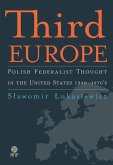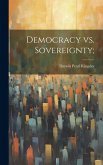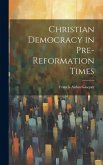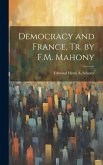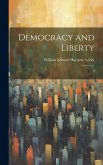This is a systematic account of why Ireland remained democratic after independence. Bill Kissane analyzes the Irish case from a comparative international perspective and by discussing it in terms of the classic works of democratic theory. Each chapter tests the explanatory power of a particular approach, and the result is a mixture of political history, sociology, and political science. Taking issue with many conventional assumptions, Kissane questions whether Irish democracy after 1921 was really a surprise, by relating the outcome to the level of socio-economic development, the process of land reform, and the emergence of a strong civil society under the Union. On the other hand, things did not go according to plan in 1922, and two chapters are devoted to the origins and nature of the civil war. The remaining chapters are concerned with analyzing how democracy was rebuilt after the civil war; Kissane questions whether that achievement was entirely the work of the pro-Treatyites.Indeed, by focusing on the continued divisiveness of the Treaty issue, the nature of constitutional republicanism, and the significance of the 1937 constitution, Kissane argues that Irish democracy was not really consolidated until the late 1930s, and that that achievement was largely the work of de Valera.
Bitte wählen Sie Ihr Anliegen aus.
Rechnungen
Retourenschein anfordern
Bestellstatus
Storno


